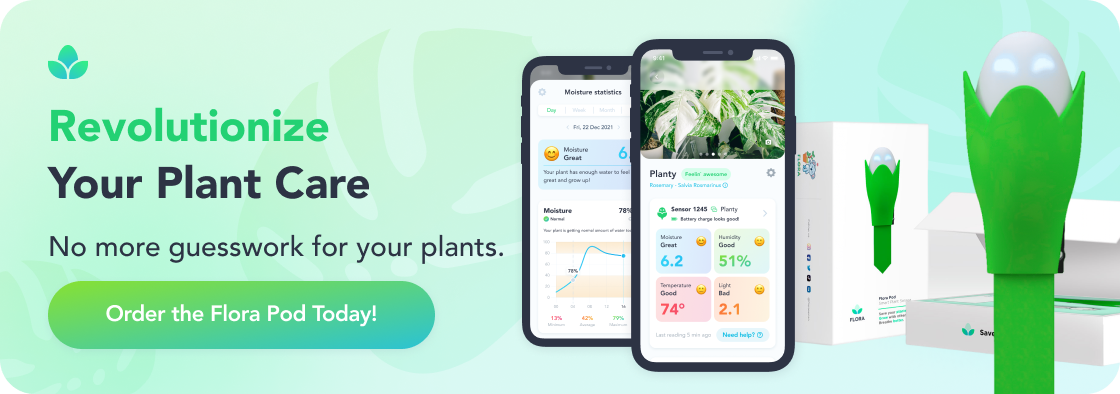Is Aloe Vera Toxic? What Pet Owners Should Know

Aloe vera is celebrated for its myriad of health benefits to humans, ranging from skincare to digestive health. However, pet owners often face uncertainty regarding the safety of this plant in homes with furry family members. Understanding whether is aloe vera toxic to pets is crucial for ensuring their safety and health.
The Basic Facts About Aloe Vera
Aloe vera belongs to the Liliaceae family and is widely known for its gel-filled leaves that are used in various medical and cosmetic products. While the gel is safe for human use, the outer parts of the leaf contain a latex substance known as aloin, which can be harmful when ingested.
Aloe Vera and Its Components
Aloe Gel: The inner gel of the aloe plant is commonly used in products and is generally safe for topical human use.
Aloe Latex: The yellow sap, located just under the leaf's skin, contains compounds potentially dangerous to pets and humans if consumed.
Is Aloe Vera Toxic to Pets?

Aloe vera, while beneficial for human use, can pose significant health risks to pets. The risk level and the type of reaction depend largely on which part of the plant is ingested and how much is consumed. The clear gel inside the leaf is generally less harmful, but the skin and the yellow latex under the skin contain aloin, a laxative that can cause severe symptoms if ingested by animals.
Is Aloe Vera Poisonous to Cats?
Cats are naturally curious creatures, often nibbling on houseplants, which can be problematic with a plant like aloe vera. If a cat ingests part of an aloe plant, especially the more toxic outer parts, they can experience a range of adverse effects. The initial symptoms typically include gastrointestinal upset, such as vomiting and diarrhea. These symptoms may occur shortly after ingestion and can vary in severity based on the amount of aloe consumed.
More prolonged or significant ingestion can lead to more severe health issues, such as lethargy and changes in urine color, which may indicate dehydration or more serious internal effects. Due to their smaller size and varied metabolism, cats can react more intensely to the toxic components of aloe vera.
For cat owners, it’s vital to either eliminate aloe vera from accessible areas or ensure that plants are kept in cat-proofed spaces to prevent any risk of poisoning.
Is Aloe Vera Toxic to Dogs?

Dogs, much like cats, are at risk if they ingest aloe vera. The immediate reactions often mirror those seen in cats, with vomiting and diarrhea being the most common. These symptoms result from the irritant properties of aloin, which acts as a harsh purgative when ingested.
While less common, there have been instances where dogs have exhibited more severe reactions, such as tremors. These are typically linked to larger amounts of aloe vera ingestion and require immediate veterinary attention. The presence of tremors can complicate the prognosis and necessitate more intensive care, highlighting the importance of keeping aloe vera out of reach of dogs.
It's also important for dog owners to know their pets’ whereabouts and their interaction with indoor and outdoor plants. Even with non-toxic plants, the mechanical action of chewing can cause mild to moderate physical irritation to the mouth and digestive tract.
Clinical Signs of Aloe Vera Poisoning in Pets
Gastrointestinal Distress: Most common symptom, including diarrhea and vomiting.
Lethargy: Decreased energy or drowsiness.
Urine Changes: Darker urine or changes in frequency.
Rare Cases: In severe instances, tremors or changes in heart rate can occur.
Preventive Measures for Pet Owners
The key to preventing aloe vera poisoning is vigilance and preventive measures. Keeping plants out of reach or opting for pet-safe alternatives can drastically reduce the risks. Additionally, educating all family members about the potential dangers can help maintain a safe environment for pets.
For homes with both plants and pets, creating a strategic layout that separates the two can be beneficial. Consider higher shelves or closed rooms for your aloe plants, and regularly check for fallen leaves or accessible pieces that curious pets might chew on.
Plant Placement: Keep aloe plants out of reach of pets, ideally in areas they cannot access.
Alternative Plants: Consider safer plant alternatives that do not pose a risk to pets.
Immediate Action: If you suspect your pet has ingested aloe, contact your veterinarian or an emergency pet poison hotline immediately.
While aloe vera offers numerous benefits to humans, it is important for pet owners to recognize the potential risks it poses to their animal companions. Knowing if aloe vera is safe for dogs and cats can lead to better preventive measures and safer homes for our pets.
Fern's Leafy Learnings
Aloe vera contains aloin, a compound in its latex that is toxic to pets.
The most common symptoms in pets after ingesting aloe are vomiting and diarrhea.
Cats and dogs are particularly sensitive to the toxic components of aloe vera.
Pet owners should practice safe plant placement to prevent accidental ingestion.
Immediate veterinary care is crucial if pet ingestion of aloe vera is suspected.
Deepen Your Roots with Flora
At Flora, we not only bring you a vibrant selection of locally sourced, rare, and delightful plants, but we also serve as your continuous guide in your plant parenting voyage, ensuring every leaf in your sanctuary thrives. With our Flora Pod™ technology and a nurturing community of over 250,000 plant lovers, we cultivate a space where every plant parent - novice or expert - can blossom.
We propagate with a commitment to sustainability, connection, and ceaseless growth, fostering a community where each member, and their plants, are cherished and nurtured.
Crave a lush, thriving green space? Adopt a plant from Flora today!
Flora Pod™ is featured on Shark Tank!

5 Signs Your Houseplant Needs Repotting Now
Mar 02, 2026
6 Anthurium Benefits You Didn't Know About
Mar 02, 2026

How to Prune Your Houseplants Before Spring Growth Season
Mar 02, 2026

10 Best Houseplants for Spring Repotting Success
Mar 02, 2026

Can ZZ Plants Survive in Low Light Conditions?
Mar 02, 2026

5 Critical Pre-Spring Pruning Tips for Houseplants
Mar 02, 2026

Can Succulents Survive Winter Outdoors in Your Climate Zone?
Mar 02, 2026

Which Houseplants Are Toxic to Cats and Should You Avoid Them?
Mar 02, 2026




